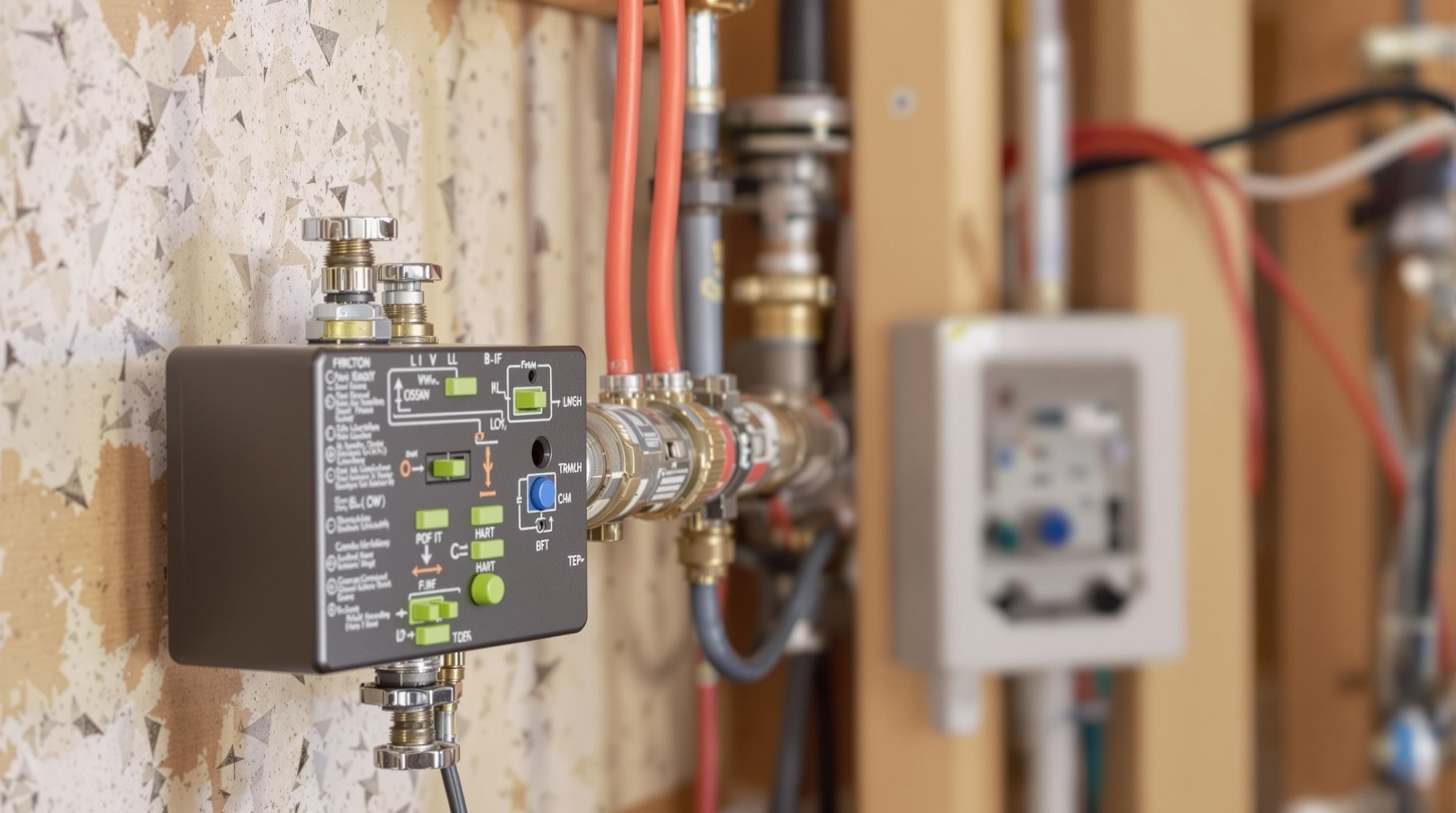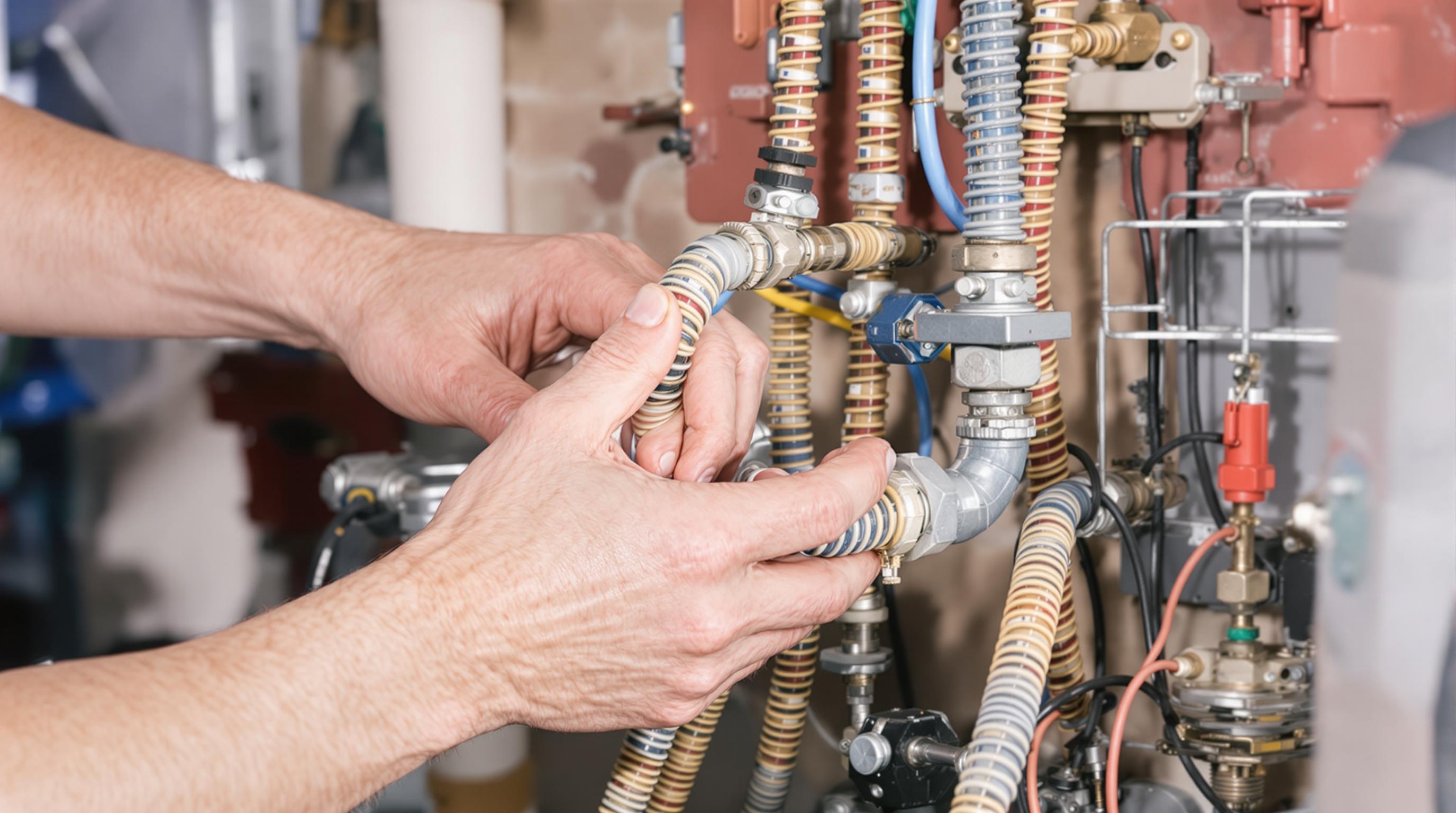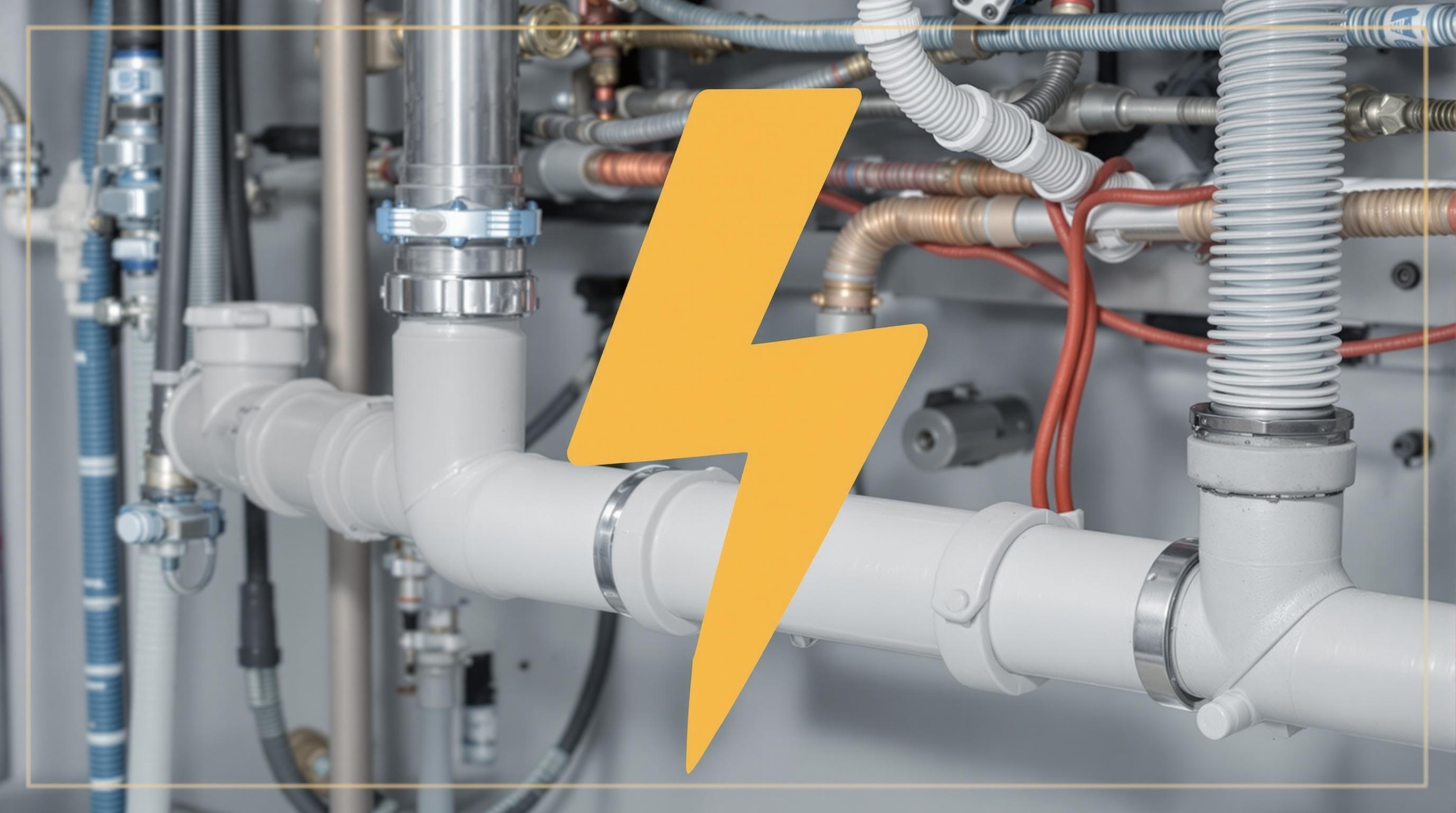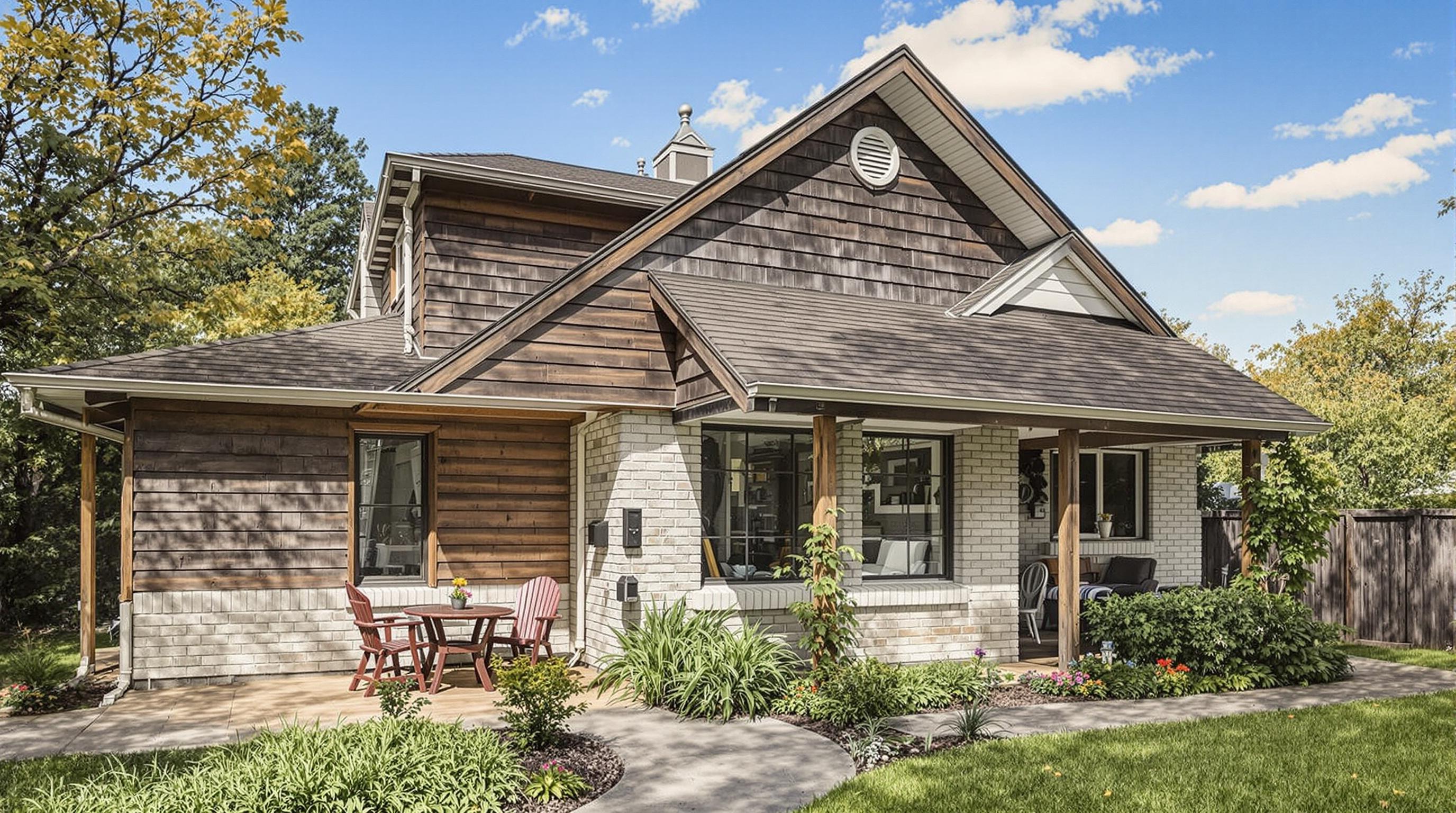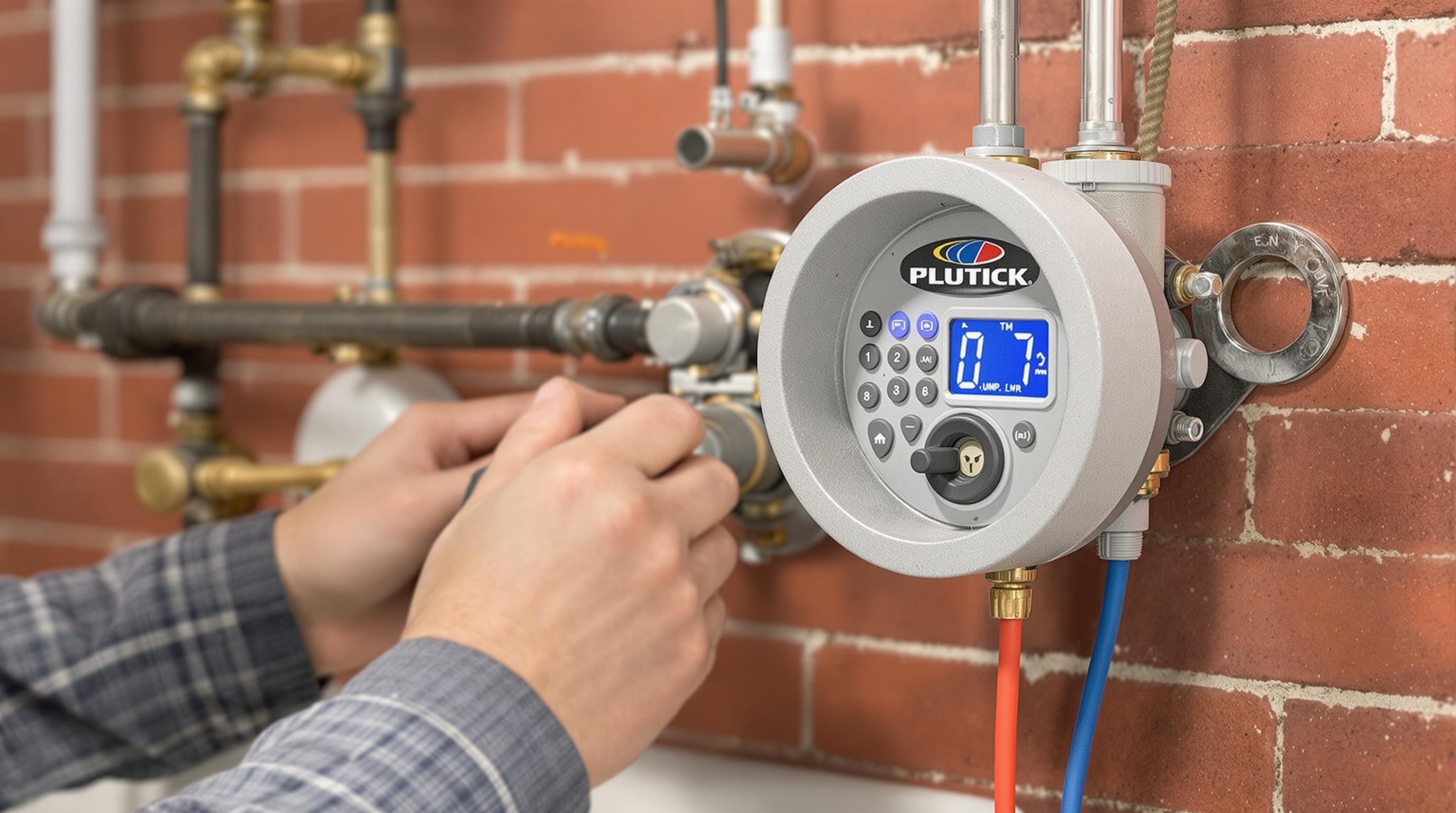Related Articles
- The Hidden Influence of Ergonomics: How Tool Design Shapes Our Physical Spaces and Daily Lives
- The Silent Influence: How Hidden Home Implements Shape Our Daily Routines and Spaces
- The Counterintuitive Role of Chaos: How Messy Tool Storage Can Lead to Unexpected Home Innovations
- Exploring the Unseen: How Audio Experiences Shape the Art of Domestic Spaces and Color Perception
- Rethinking the Mundane: How Everyday Objects are Becoming the Canvas for Modern Artistic Expression in Home Spaces
- Cultivating Chaos: The Surprising Benefits of Embracing Weeds in Your Garden Ecosystem
10 Unreported Ways Plumbing and Electrical Systems Can Affect Your Home’s Ecosystem and Energy Efficiency You Should Learn
10 Unreported Ways Plumbing and Electrical Systems Can Affect Your Home’s Ecosystem and Energy Efficiency You Should Learn
10 Unreported Ways Plumbing and Electrical Systems Can Affect Your Home’s Ecosystem and Energy Efficiency You Should Learn
1. Water Leakage and Electrical Short-Circuits
One of the most overlooked issues in home plumbing and electrical systems is the potential for water leakage. Even minor leaks can lead to significant damage over time, contributing to mold growth and negatively affecting indoor air quality. Mold thrives in damp environments and can greatly impact the health of occupants, particularly those with respiratory issues.
Moreover, water can infiltrate electrical systems, creating the risk of short-circuits. This not only poses a fire hazard but can also cause appliances to malfunction or break down entirely, leading to increased energy consumption as homeowners replace them. Regular checks of plumbing lines can prevent these costly issues.
Keeping an eye on both plumbing and electrical systems can significantly improve home safety and energy efficiency. By addressing leaks promptly and insulating electrical wiring, you can avoid larger problems that disrupt the home’s ecosystem.
2. Inefficient Water Heating
Your water heater plays a pivotal role in your home’s energy efficiency. Traditional water heaters can be energy hogs, heating water continuously even when it is not needed. Upgrading to a more energy-efficient model, such as a tankless water heater, can drastically cut energy costs by heating water only when needed.
In addition, regular maintenance of plumbing systems, including flushing out sediment buildup in water heaters, can ensure they operate at peak efficiency. Not only does this save energy, but it also extends the life of the appliance, reducing waste.
Improperly maintained water heating systems may also contribute to the overall ecological footprint of a household, making it essential to consider the energy use of one of your most critical appliances.
3. Insulation and Ductwork
Insulation affects both plumbing and electrical systems by regulating temperature and reducing energy loss. Poor insulation means your heating system works harder to maintain warmth, while heating pipes may also lose heat more rapidly if not insulated properly.
In gas or electric heating systems, unsealed ductwork can leak heated air, significantly decreasing energy efficiency. Ensuring that ductwork is sealed properly reduces the workload on your heating unit, leading to less energy use and potentially lowering utility bills.
The relationship between insulation, ductwork, and energy efficiency is often unrecognized. Proper maintenance can lead to an overall healthier home environment, as well as lower energy expenses.
4. Impact of Drainage on Humidity Levels
Drainage systems are crucial in managing water flow within and around your home. Poor drainage can lead to water pooling around the foundation, raising moisture levels in the home. High humidity can foster mold growth and damage wooden structures, negatively impacting the ecosystem within your home.
Moreover, excessive humidity can cause respiratory issues and lessen comfort levels, making effective drainage systems vital in maintaining both health and comfort. Upgrading or cleaning out drainage systems can enhance the home environment significantly.
By ensuring efficient drainage, you’re managing moisture levels, which leads to a healthier living environment and, ultimately, contributes to energy efficiency as less cooling or heating is needed.
5. Overloaded Circuits and Energy Waste
Overloaded electrical circuits can be a major safety hazard and result in energy waste. When multiple devices share a single circuit, it can lead to circuit overloads, causing frequent outages and increased energy consumption as the system struggles to maintain power.
This situation not only affects the longevity of electrical devices, increasing replacement costs, but also contributes to higher monthly energy bills. By spreading out power consumption and upgrading circuits when necessary, homeowners can minimize waste and enhance safety.
Updating older electrical systems also allows better integration of energy-efficient appliances, improving the overall electrical system efficiency and reducing ecological impacts.
6. Water Pressure Fluctuations
Inconsistent water pressure can be both a plumbing nuisance and a contributing factor to energy inefficiency. High water pressure forces your water heater and appliances to work harder, consuming more energy to operate. Conversely, low water pressure may lead to appliances struggling to function correctly, resulting in inefficient use.
Problems with water pressure often stem from issues in the plumbing system, such as corroded pipes or buildup of debris. Regular inspections can prevent these pressure fluctuations, ensuring that plumbing systems operate efficiently.
Homeowners should consider installing pressure regulators to manage flow rates effectively. This not only helps maintain consistent pressure but also promotes energy conservation, leading to lower utility costs.
7. Aging Pipes and Conductivity
Over time, the condition of pipes can degrade, leading to increased resistance within plumbing systems. Aging pipes can lead to leaks and reduced flow efficiency, which in turn increases energy consumption in water heating and pumping.
Additionally, degradation of metal pipes can result in sediment buildup that not only clogs water flow but also affects water quality. Unreliable water quality can adversely impact your home's ecosystem, affecting everything from cooking to personal hygiene.
Replacing outdated plumbing with modern, durable materials such as PVC or PEX can enhance both water quality and energy efficiency, as they provide better flow rates and reduce the likelihood of leaks.
8. Electrical Grounding Issues
Electrical grounding may seem like a technical aspect that doesn’t impact everyday life, but improper grounding can lead to chronic issues in home energy efficiency. Grounding systems are essential for the safety of electrical installations and appliances.
When not properly grounded, devices can experience efficiency losses, as grounding issues can cause voltage irregularities. This can lead to overheating and more energy use while also posing safety hazards for appliances and residents.
Ensuring that your electrical system is wired and grounded correctly not only enhances safety but also promotes an eco-friendly lifestyle by optimizing energy consumption in your home.
9. Invasive Plant Growth
Sometimes, the influence of plumbing and electrical systems extends beyond the house itself. Invasive plant species that take root around plumbing fixtures and electrical lines can lead to blockages and, in some cases, damage to these systems.
Plants that grow into drainage systems can obstruct flow, leading to backups and increased water usage as pumps or valves work harder to push water through. This inefficiency can lead to higher energy usage, striking a blow to both the ecosystem and your energy costs.
Regular landscaping maintenance, including managing invasive species, can ensure that plumbing and electrical systems operate efficiently, thus protecting your home and environment.
10. Smart Home Technologies
Integration of smart home technologies can radically shift how plumbing and electrical systems contribute to energy efficiency. Smart thermostats and plumbing fixtures can be programmed to adapt to user behaviors, optimizing systems for energy conservation.
These technologies can alert you to leaks or inefficiencies, allowing for immediate corrections that enhance the home’s ecosystem. Additionally, the ability to monitor energy use in real-time empowers homeowners to make informed decisions on their consumption patterns.
By embracing smart technologies, you can create a sustainable home environment that is not only energy-efficient but also contributes positively to the health of both occupants and the surrounding ecosystem.
